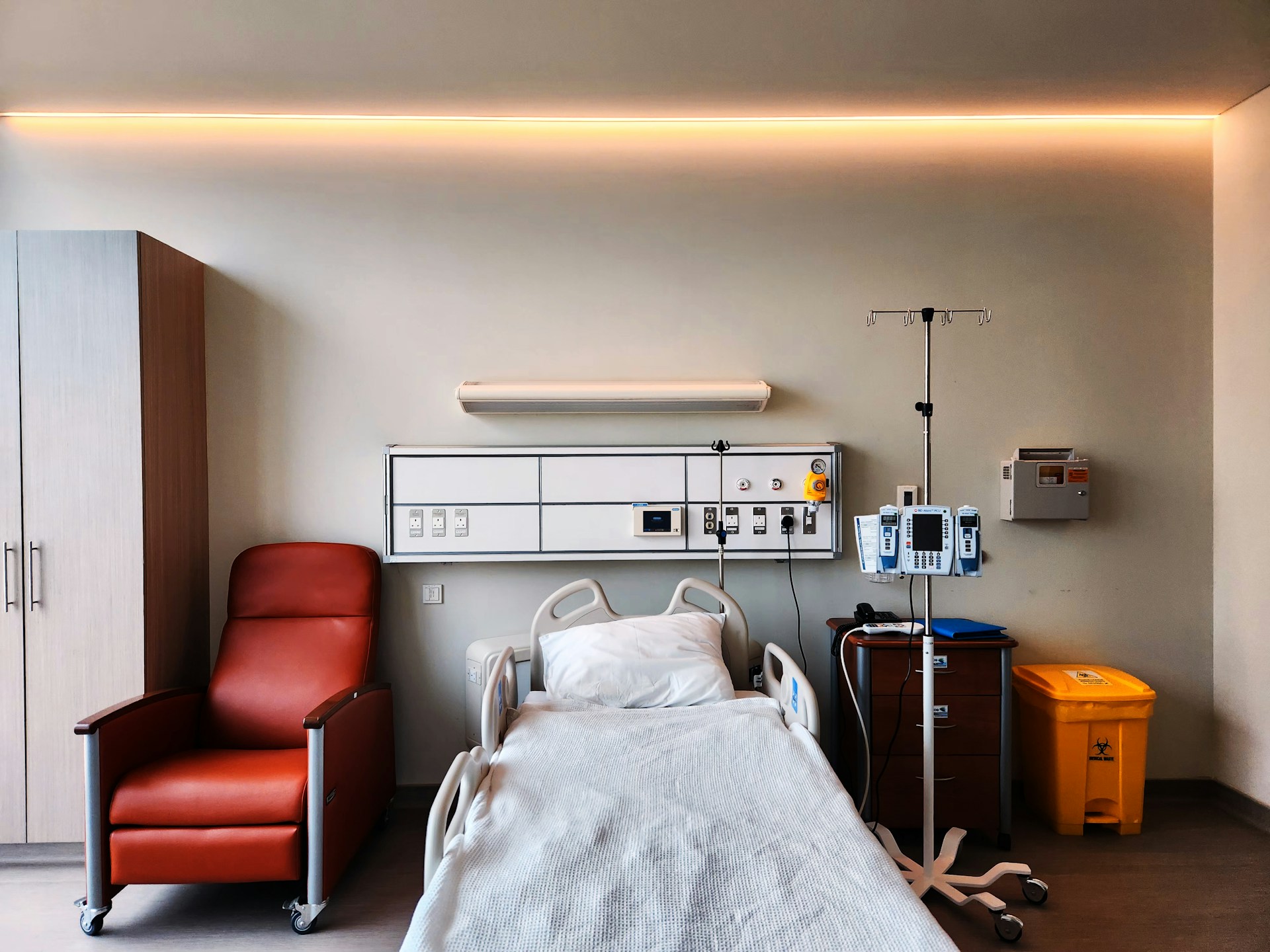Simple Ways to Improve your Building's Ventilation and Fight Viruses
The technology and practices brought to the forefront during this pandemic need to continue to be ROUTINE. Improving your building’s ventilation is a...
3 min read
Kate Truman 6/2/21 1:25 PM

Understanding your commercial building’s HVAC system is an important detail for many reasons, not the least of which is keeping the system humming along so you aren’t stuck baking in the summer when something goes wrong, costing time and money. Today, we’ll explain some details about commercial building HVAC systems, how they work, what to expect for maintenance and more.
Heating, Ventilation, and Cooling systems, otherwise known as HVAC systems, are an integral part of modern buildings. HVAC systems are in charge of keeping temperatures comfortable (usually around 72 degrees), humidity consistent (between 40-60%), and indoor air quality high (keeping C02 to less than 1000PPM).
There are several different types of commercial HVAC systems, but in general, these systems operate similarly:
If you’ve looked into replacement, repair, or maintenance of your buildings’ HVAC system, you’ll know that there are an overwhelming number of combinations of different types of systems. While this is true, all of these various types fall into 3 main categories:
These systems typically include air conditioners that pass air by refrigerant lines and furnaces in one system that circulates air throughout the space via air ducts. The drawback of single split systems is that for each space you wish to control separately, you’ll need an outdoor unit – taking up precious space.
Heat pumps in this type of system are also designed to move air in a way that works with the natural flow of warm air into cool areas, saving money and energy. These systems do require more installation time, so the cost of installation can be higher.
Heat Recovery VRF systems can provide heating and cooling to different spaces at once, using warm air “waste heat” from areas of the building and delivering it to where heat is required, especially great for buildings with lots of smaller rooms. Heat pump VRF systems deliver either heat or cooling, and are best for larger open areas.
In a world of constantly changing technology, as well as changing environmental conditions both indoors and out, HVAC systems require different kinds of care – and you may be tempted to upgrade more frequently. The current commercial HVAC units should last 10-15 years. Some of the factors that impact the longevity of your HVAC include:

Regular maintenance can keep your HVAC system working at its most efficient, keeping it humming along for its full life expectancy – or beyond. Along with maximizing the lifespan of your HVAC system, proper regular maintenance can lower energy costs, reduce the need for costly repairs and downtime, and guarantee constant comfort for your clients and employees. Preventative maintenance includes tasks such as:
Using a professional cleaning service that you can trust with all of your maintenance tasks, from cleaning floors to maintaining lighting and HVAC systems, to landscaping and windows can save you money in energy costs, repairs, and downtime. For full service janitorial and maintenance services for your hotel, restaurant, grocery or retail store, hospital, or even educational institution, call on CSG. When you are ready to partner with a cleaning company that delivers what they promise, request a quote from CSG!
Click here to learn more about our commercial building cleaning services!

The technology and practices brought to the forefront during this pandemic need to continue to be ROUTINE. Improving your building’s ventilation is a...

Dilution control systems have become increasingly popular among discerning cleaning services. Not only do they help cleaners ensure that their...

When cold season creeps in and more time is spent indoors, places like hospitals and clinics feel the shift in more ways than one. We see busier...